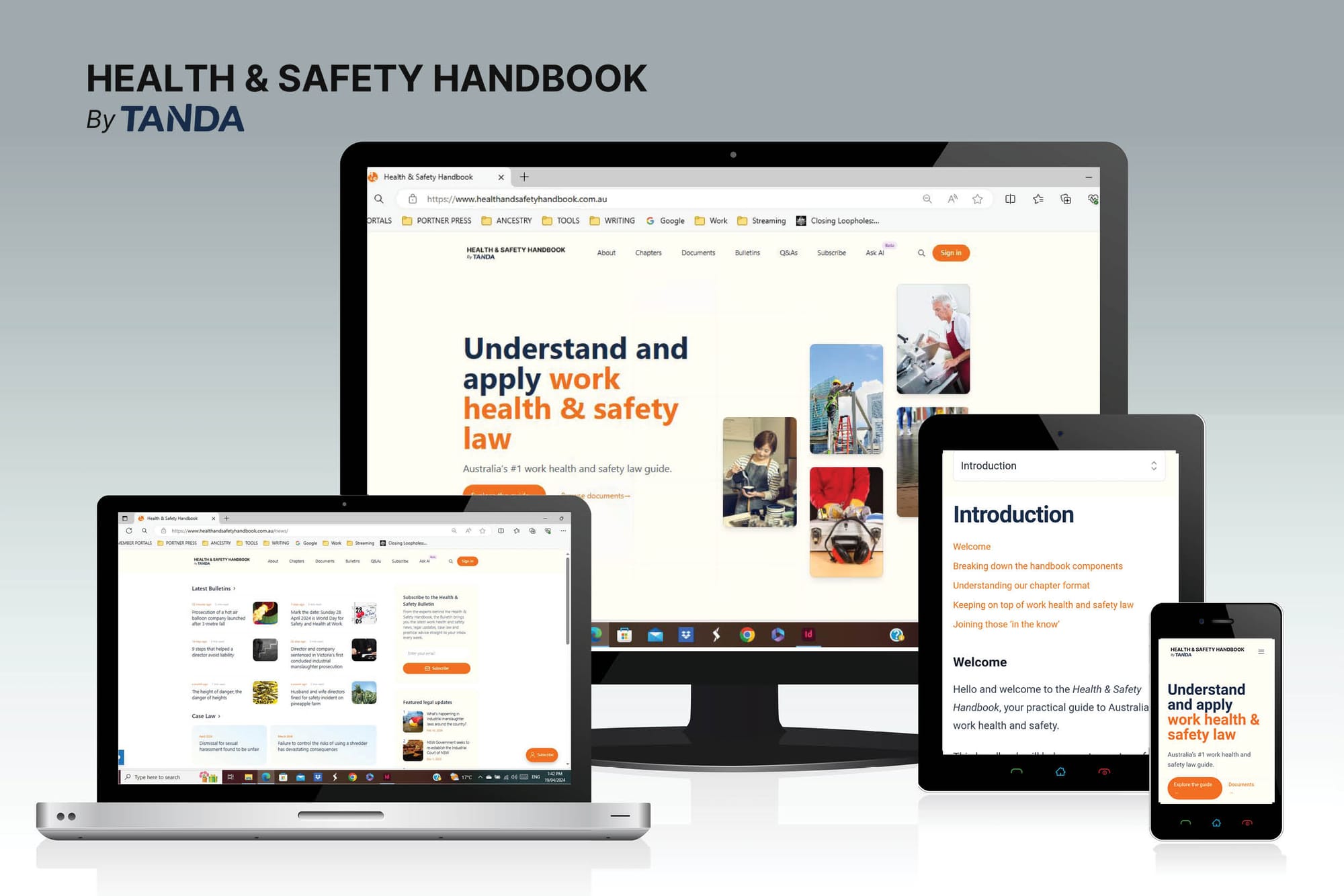Multi-enterprise bargaining stream wakes up
In 2023, the Fair Work Act 2009 (Cth) (FW Act) was amended to facilitate multi-enterprise bargaining. Unions are starting to pursue this avenue in various industry sectors.
Multi-enterprise bargaining stream
Since 6 July 2023, employers and union bargaining representatives can apply to the Fair Work Commission (FWC) for a single-interest employer authorisation. This will allow bargaining involving a group of ‘common interest’ employers. For employers to be common interest employers, the operations and business activities of the employers must be reasonably comparable. The FWC will determine this having regard to the nature of their enterprises, the terms and conditions of employment in those enterprises, their geographical location, and whether they are subject to a common regulatory regime.
The declaration won’t be granted if the employer is in the construction sector or it is contrary to the public interest for the employers to bargain together (because, for example, of broader economic ramifications). The views of the employers will also be relevant.
Small businesses (with fewer than 20 employees) cannot be required to bargain in this stream, and can only access this stream by consent.
Protected industrial action continues to be available in this stream, with additional measures, including mandatory conciliation and a requirement for 120 hours’ notice.
An employer can resist being compelled to bargain for a multi-enterprise agreement if:
- good faith bargaining for a single-enterprise agreement is already occurring;
- there is a history of effective bargaining between the parties; and
- less than 9 months have elapsed since the nominal expiry date of the previous such agreement.
Becoming party to multi-enterprise bargaining
The preferred union approach to multi-enterprise bargaining appears to be to sign-up employers to a multi-enterprise deal before applying to the FWC for a single-interest employer authorisation. An example is the application made by the Australian Manufacturing Workers’ Union to the FWC in February 2024 involving nine employers in the heating, ventilation and air-conditioning industry.
Another approach is to make the application in relation to two or more ‘friendly employers’, make the multi-enterprise agreement, and then vary the agreement to add other ‘common interest’ employers. The Transport Workers’ Union has begun talks with two aviation ground-handling operators to this end. This approach will require the union applicant to prove a majority of relevant employees in those employers support the ‘roping-in’. This in turn will require the union to effectively organise the workforces of these employees. This may prove difficult if they have no presence in these workforces.
The Association of Professional Engineers, Scientists and Managers, Australia is currently seeking to initiate multi-employer bargaining with four major employers in the black coal mining industry. The employers are resisting this by challenging the evidence the union is seeking to rely on to show a majority of relevant employees at each of the employers want to bargain for the proposed multi-employer agreement.
Healthcare providers granted single-interest employer authorisation
In June 2024, the FWC granted a single-interest employer authorisation on behalf of 19 Victorian public healthcare employers in respect of bargaining for a multi-enterprise agreement to cover dental employees. Given the applicant was an employer association (Victorian Hospitals’ Industrial Association [2024]), there was no requirement that each employer employ at least 20 employees.
The FWC ruled:
- the employers had reasonably comparable operations and business activities;
- the requirement that at least some of the employees who would be covered by the agreement be represented by an employee organisation was met; and
- the employers to be covered by the agreement had clearly agreed to bargain together.
The FWC ruled the common interests between the employers were clearly identifiable, i.e. plainly discernible or recognisable, even if not self-evident. The employers were all regulated by the same legislation, were all involved in the provision of public health and welfare services, had the same operational objectives, and were all substantially funded by the State of Victoria and this common funding impacted directly upon their bargaining position.
The employers had a relatively long history of bargaining together and were covered by the same instruments made under the FW Act. The core terms and conditions of employment for the relevant employees were substantially the same at each employer. They each had an interest in factors that impact upon the movement of employees across the health sector.
The FWC concluded it was satisfied that it was not contrary to the public interest to make the authorisation, given it would facilitate the continuation of collective bargaining practice in the public health sector, equity across the Victorian public health sector, more efficient bargaining given the history and circumstances of the parties, and continued portability of some entitlements.
The FWC had to deal with one employer that employed only one employee within the scope of the employees to be covered. This was unlikely to change. The FW Act prevents an enterprise agreement being made with a single employee. The FWC noted that a multi-enterprise agreement would cover and apply to all the employers (and their employees) and this did not prevent the employer from being included.

Sign up today and receive 20% Off
Making health & safety law easy to understand. The law is complex, and it’s always changing. The Health & Safety Handbook helps business owners and practitioners make sense of the law, so they can operate with confidence.
Get the latest employment law news, legal updates, case law and practical advice from our experts sent straight to your inbox every week.

